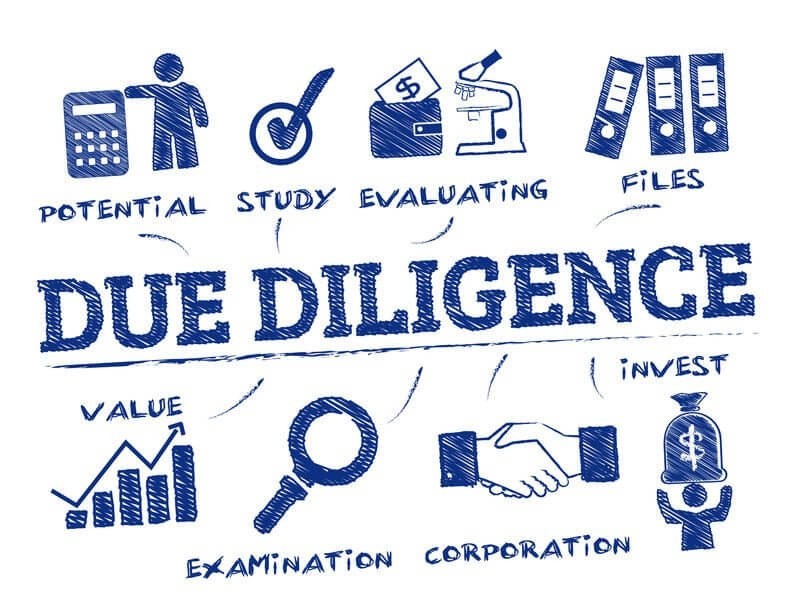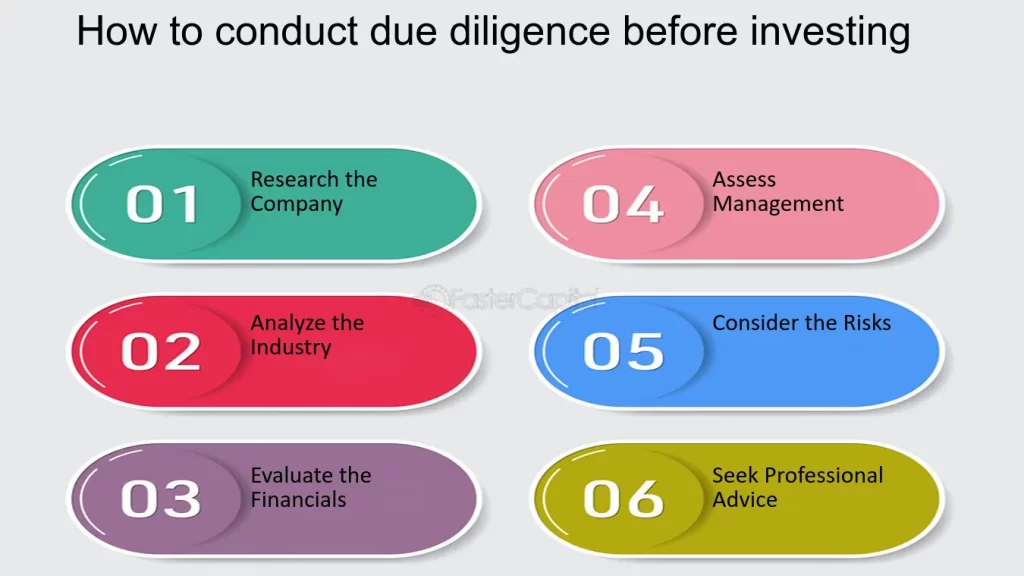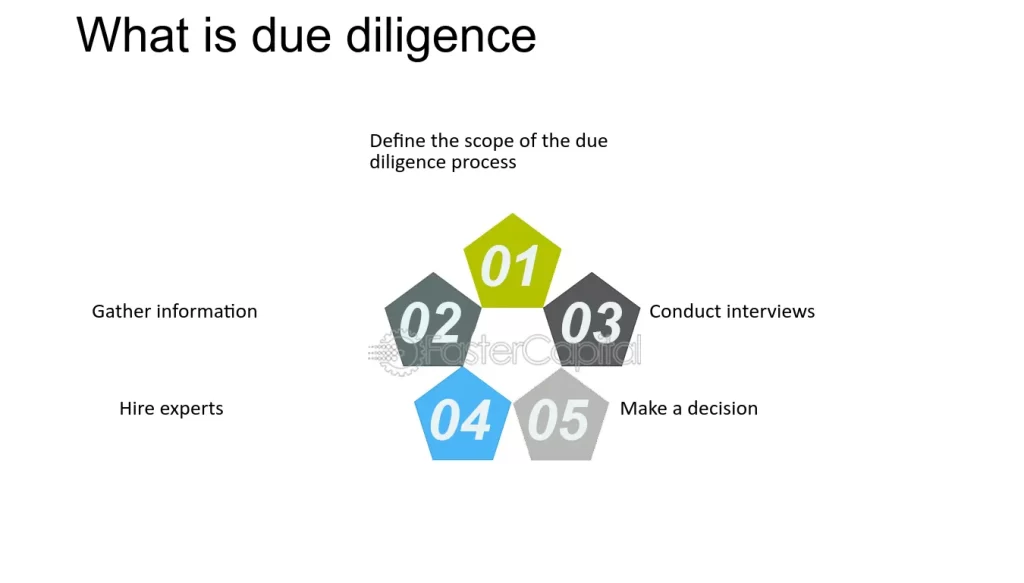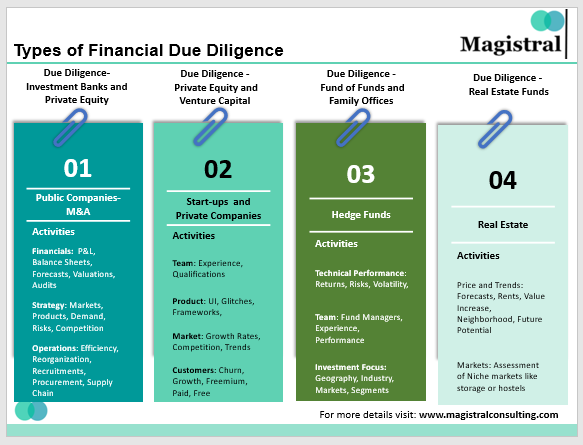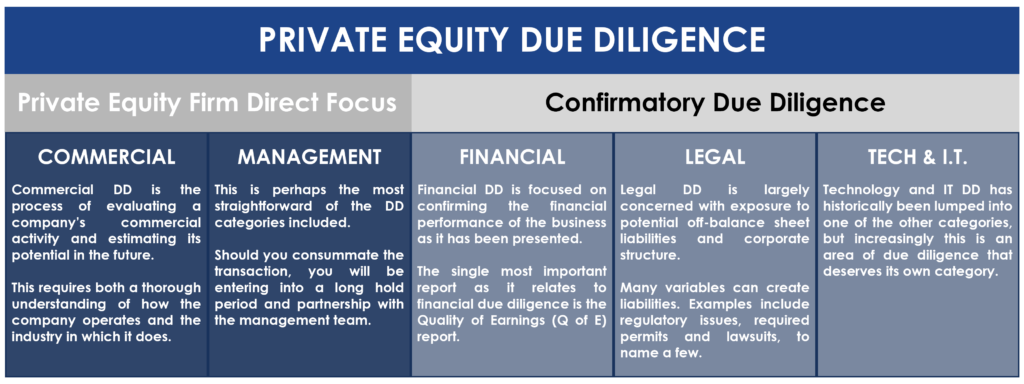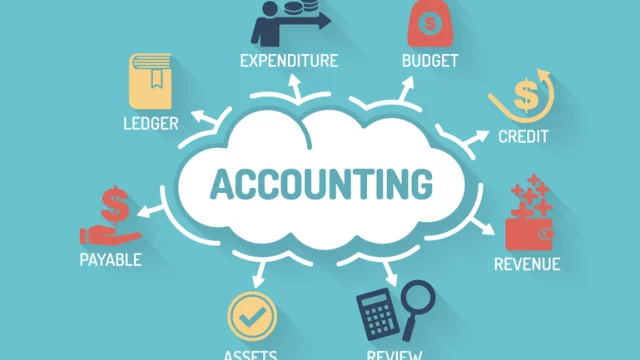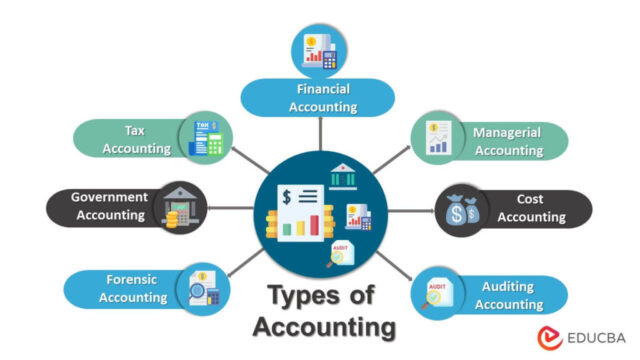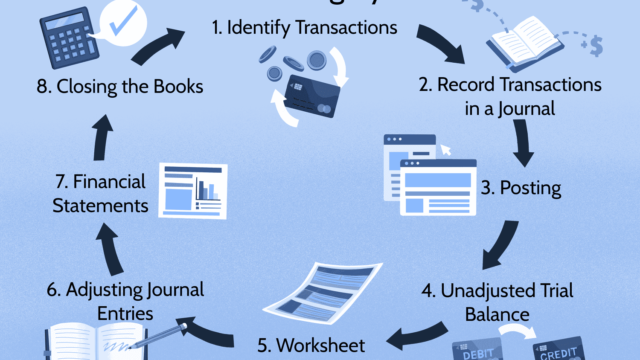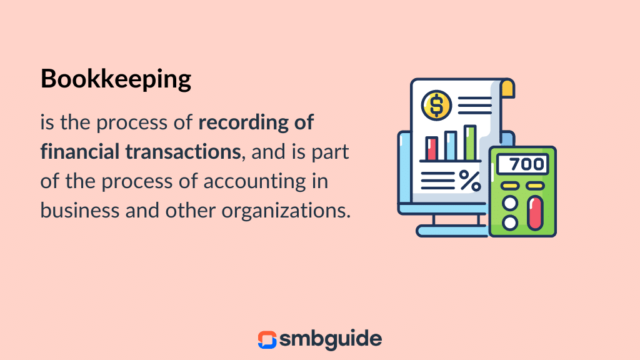Due Diligence Before Investing
Popular
Description
Course Outline: Due Diligence Before Investing
1. Introduction to Due Diligence
- Definition and importance of due diligence in the investment process.
- Key principles of thorough research and risk assessment.
- Common pitfalls of skipping due diligence.
2. Types of Due Diligence
- Financial Due Diligence:
- Evaluating financial statements and ratios.
- Identifying red flags in financial records.
- Operational Due Diligence:
- Assessing the company’s operations and supply chain.
- Understanding business models and management efficiency.
- Legal Due Diligence:
- Verifying compliance with legal and regulatory standards.
- Reviewing contracts, licenses, and pending litigation.
- Market Due Diligence:
- Analyzing market position, competition, and growth potential.
- Evaluating industry trends and customer base.
3. Steps in the Due Diligence Process
- Gathering and analyzing relevant data.
- Structuring and organizing findings into actionable insights.
- Conducting interviews with stakeholders and management.
- Preparing a comprehensive due diligence checklist.
4. Tools and Techniques for Effective Due Diligence
- Using financial analysis tools and software.
- Leveraging market research databases and tools.
- Importance of SWOT analysis in decision-making.
5. Case Studies and Real-World Applications
- Analysis of successful investments backed by robust due diligence.
- Examples of failures due to lack of or inadequate due diligence.
- Interactive group activity: Conducting a mock due diligence on a sample company.
6. Common Challenges and How to Overcome Them
- Managing incomplete or inaccurate data.
- Mitigating bias in analysis.
- Handling time constraints without compromising thoroughness.
7. Finalizing Investment Decisions
- Interpreting due diligence findings to make informed decisions.
- Balancing risk and reward based on the analysis.
- Communicating due diligence results to stakeholders.
8. Wrap-Up and Best Practices
- Key takeaways for conducting effective due diligence.
- Building a mindset of disciplined and informed investing.
- Q&A and reflection.
Objectives
- To understand the concept and significance of due diligence in investment decisions.
- To identify and evaluate critical areas of analysis during the due diligence process.
- To equip participants with tools and techniques for effective data gathering and risk assessment.
- To develop skills in interpreting findings and integrating them into investment strategies.
- To highlight common challenges in due diligence and strategies to overcome them.
Course Outcomes (Hasil Pembelajaran Kursus)
- Participants will be able to explain the importance and key elements of due diligence in investing.
- Participants will be skilled in analyzing financial, operational, legal, and market data.
- Participants will be able to identify and mitigate risks effectively through structured due diligence.
- Participants will gain hands-on experience in applying due diligence techniques to real-world scenarios.
- Participants will be equipped to make well-informed investment decisions and present findings to stakeholders confidently.
Location
Review
Write a ReviewThere are no reviews yet.

